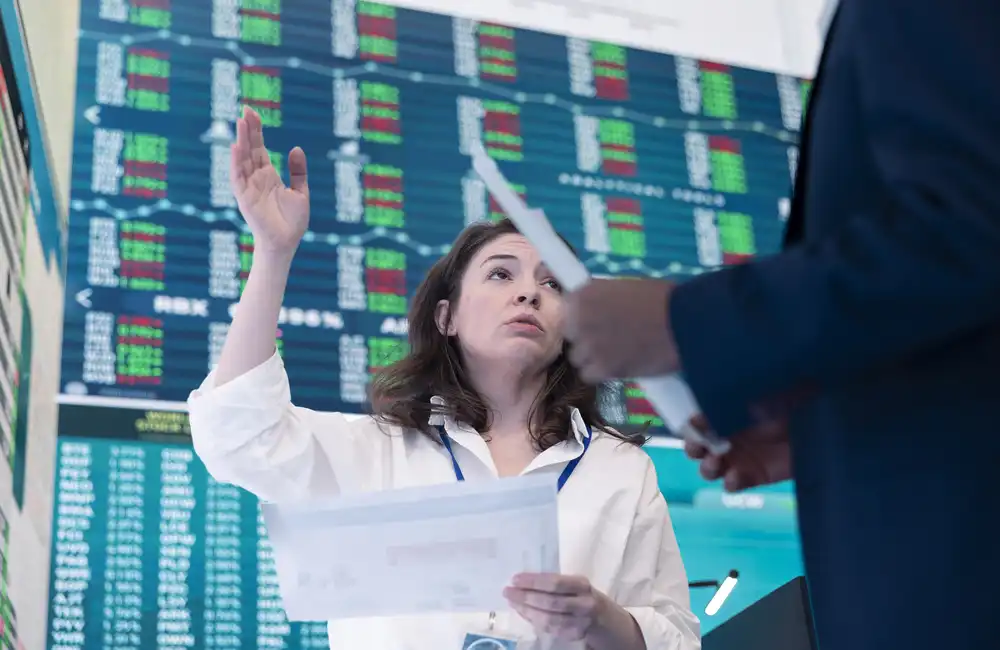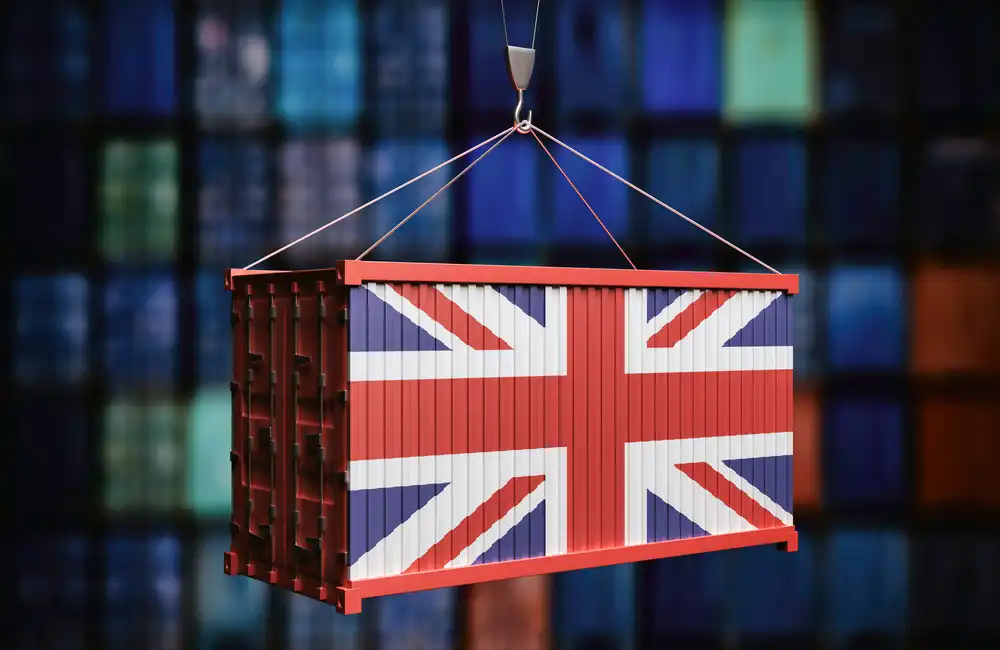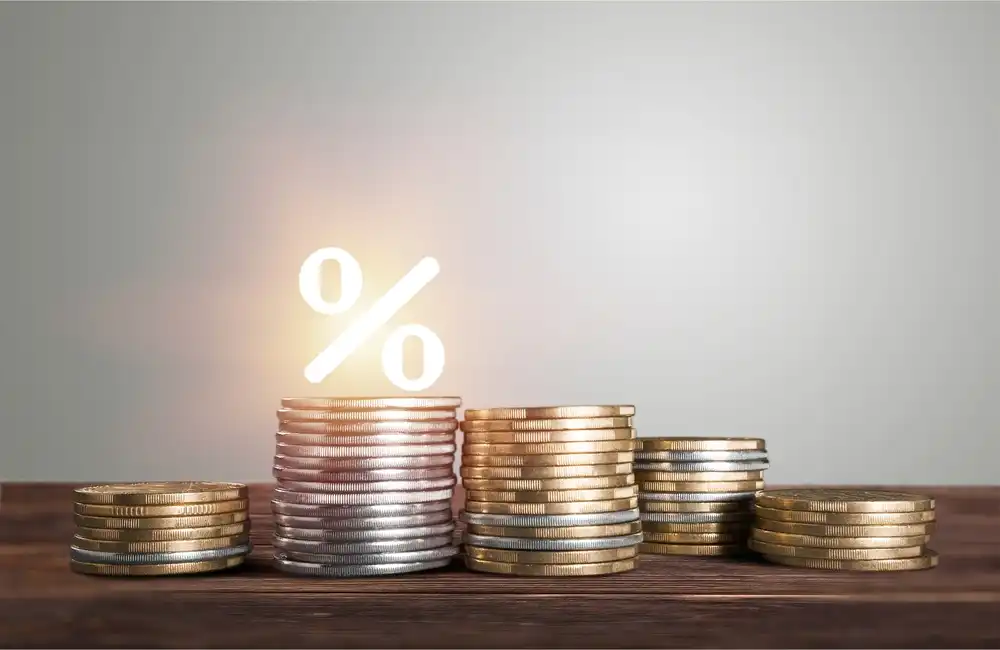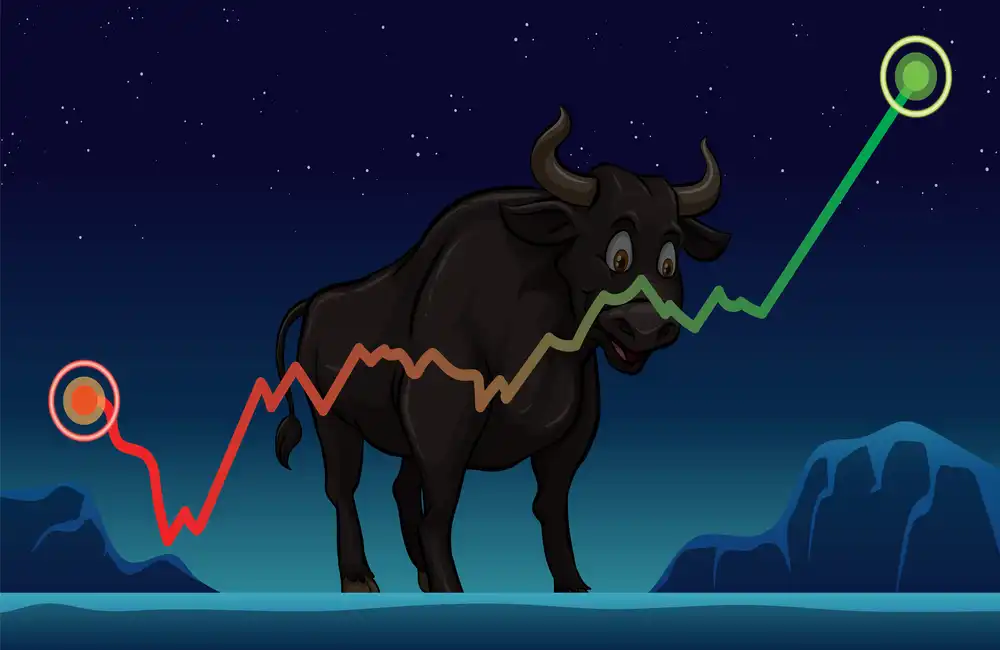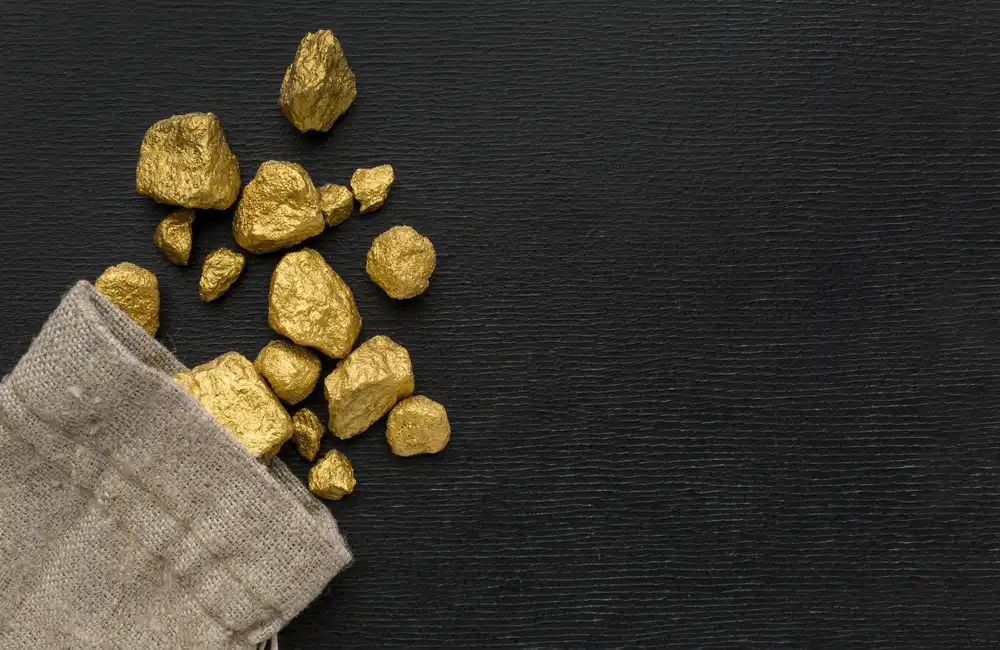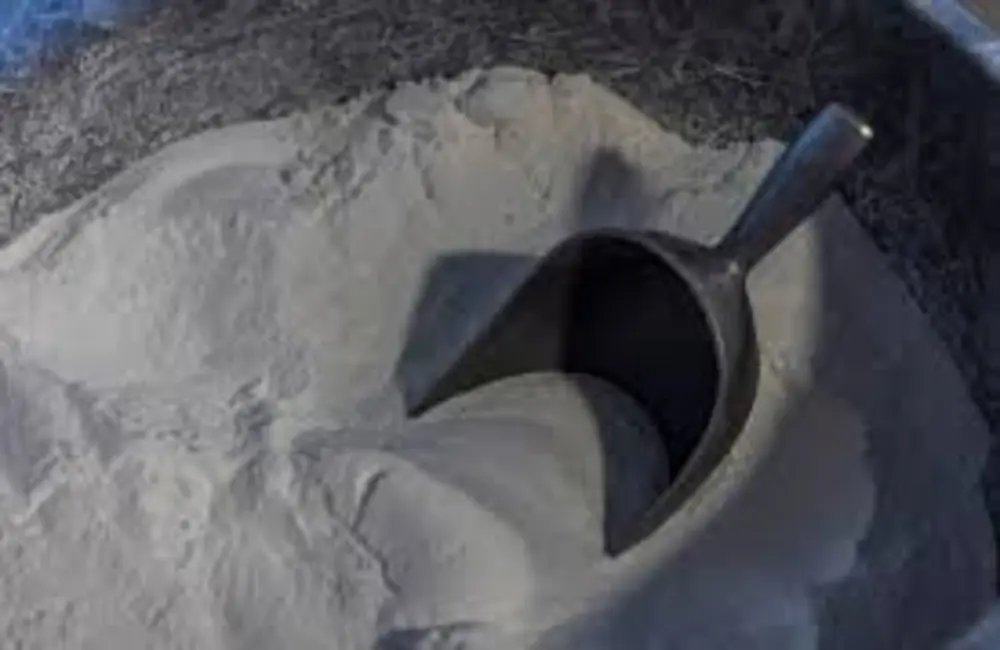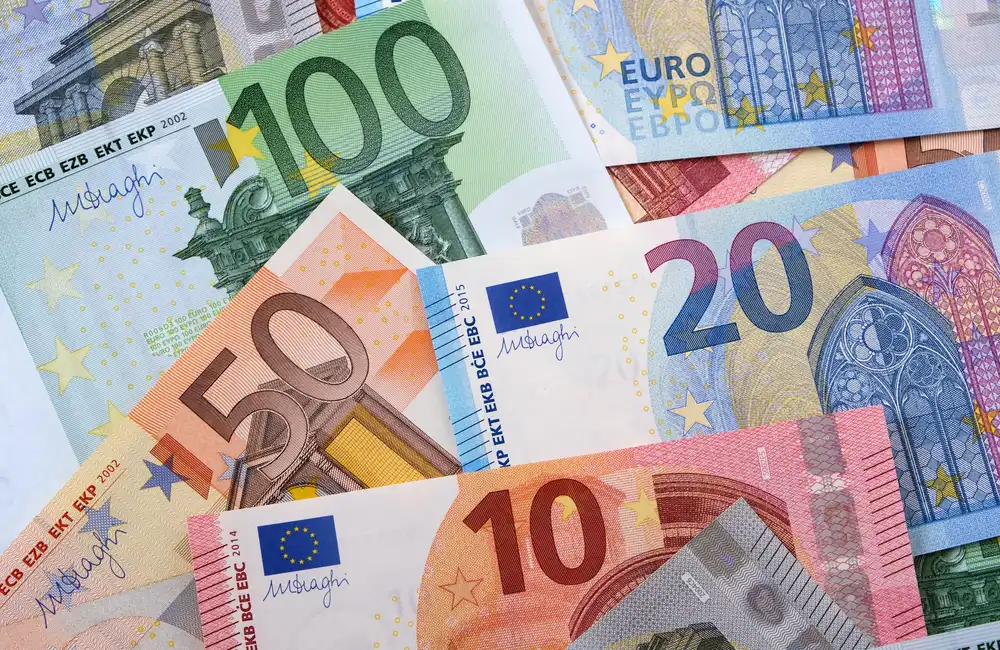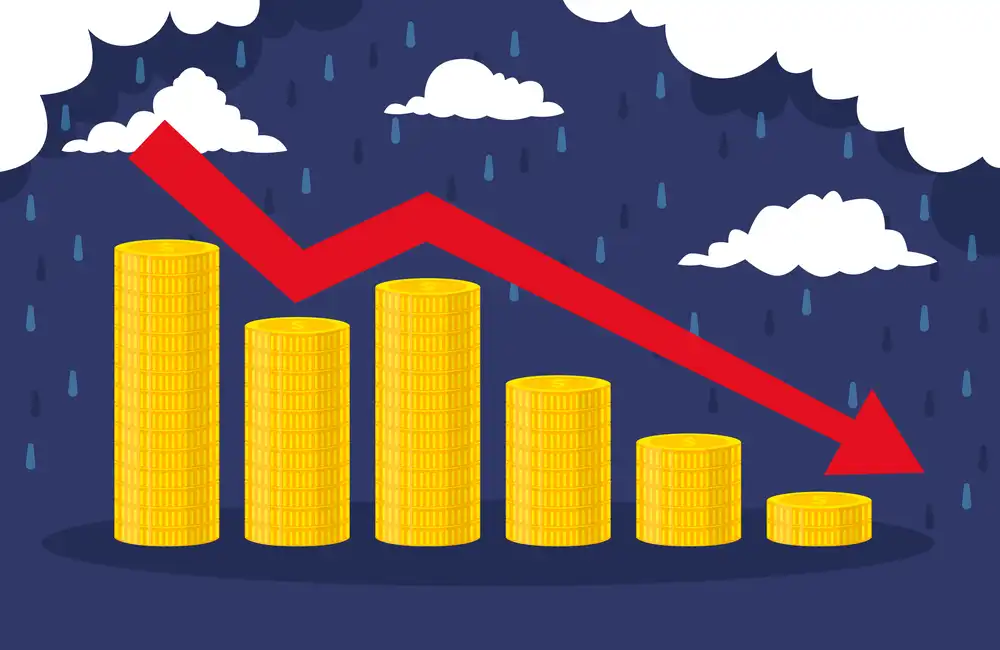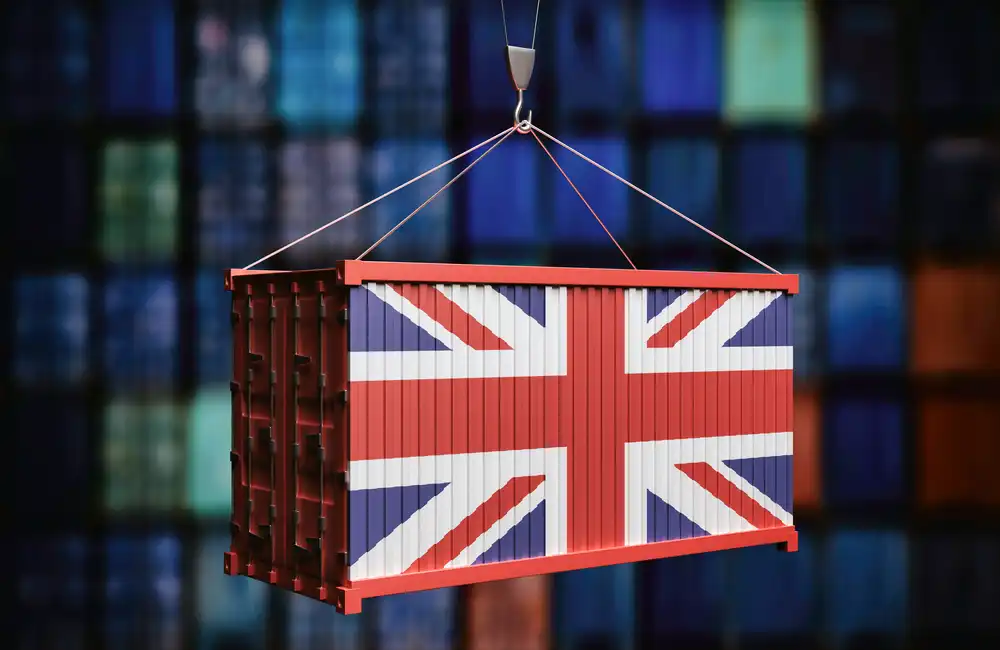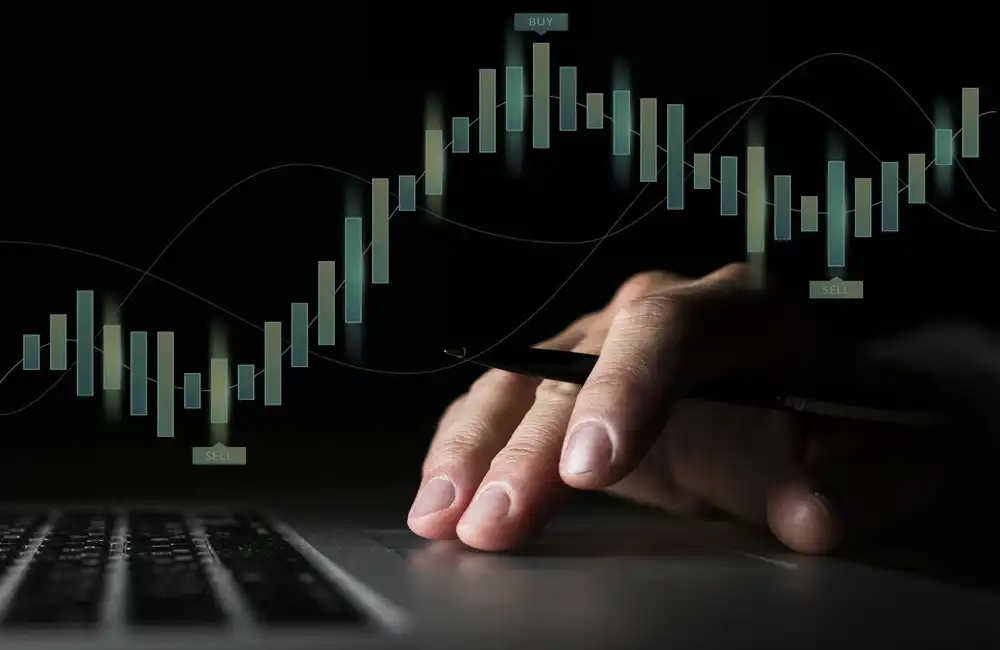At the end of 2021, the European Chemicals Agency’s Risk Assessment Committee endorsed French recommendations to classify lithium carbonate, lithium hydroxide, and lithium chloride as Category 1A reproductive toxicants, as they are capable of damaging fertility, unborn children, and breastfeeding children.
EU Lithium Classification Debate Sparks Industry Backlash
Initial proposals to reclassify lithium compounds were submitted to the European Commission (EC) in March and are currently under review and consultation. A first draft of the act is expected between October and December.
“The danger that arises if the lithium salts are wrongly reclassified as 1A/SVHC would create massive uncertainty in planning long-term viability of investments/specifications around these three salts,” said Roland Chavasse, Secretary General of the International Lithium Association.
Under EU chemical regulations, a Category 1A classification signifies a substance as a Substance of Very High Concern (SVHC), potentially leading to restricted use under the EU’s Chemical Strategy for Sustainability.
The upcoming revision of the REACH (Registration, Evaluation, Authorisation and Restriction of Chemicals) regulation may also further impact the regulatory environment for SVHCs. Chavasse warned that a misclassification could have “significant unintended consequences from an investment perspective,” affecting the entire lithium lifecycle in the EU—from production to recycling.
Prices Remain High Amid Regulatory Concerns
Platts assessments showed continued strong pricing for lithium compounds:
- Lithium carbonate: +114.5% YTD to $72,500/mt CIF North Asia
- Lithium hydroxide: +139.7% YTD to $76,000/mt CIF North Asia (as of June 24)
Giorgio Corbetta, Eurobat EU Affairs Director, echoed industry concerns: “Battery producers, pigment manufacturers, lubricant and grease sectors, and the vehicle industry fear that an unreasonable 1A classification would undermine investments and threaten the EU Green Deal goals.”
Eurobat urged that the 1A classification be excluded from the current Adaptation to Technical Progress (ATP) proposal.
Opposition Mounts to “Counterproductive” Measures
Vincent Ledoux Pedailles, Chief Commercial Officer of Vulcan Energy Resources, expressed skepticism that the EU would approve a proposal so misaligned with its own goals—like self-sufficiency in EV battery production by 2025 and 80% domestic lithium production in five years.
“It appears pretty unlikely… that they will then decide to approve the proposal that can be seen as counterproductive,” Pedailles said. Vulcan and other stakeholders have raised objections and communicated their concerns directly to the EC.
Should the proposal go forward, exemptions could be issued to specific countries or industries. For instance, Germany may seek a waiver for lithium used in battery production. “Cobalt already falls within this category… but lithium’s classification could still increase costs for controlling, processing, packaging, and storing,” Pedailles noted.
Investment Risks and Strategic Autonomy at Stake
A lithium producer warned that the classification, although only preliminary, would create regulatory uncertainty for business and deter investment at a critical time. “Markets, applications, and industrial processes would all face ambiguity,” they said, adding that alternative markets outside the EU may become more appealing to investors.
“One of the EU’s major strategic objectives is a domestic battery supply chain, and this potential reclassification adds a huge upside long-term financial ambiguity,” Chavasse emphasized.
Impacts Across the Lithium Battery Supply Chain
While reclassification would not ban lithium outright, Rystad Energy noted it could impact all major stages of the EU battery supply chain—mining, processing, cathode production, and recycling. Additional costs and administrative burdens would be likely.
Chavasse noted that although lithium mining would continue, the flexibility of refining, cathode production, and recycling may lead to those activities relocating outside the EU, such as to China. “Public acceptance of new mines may also take a hit if lithium is labeled as risky,” the lithium producer added.
“Investment decisions are being made now, and without clarity on future regulation, investors may hesitate. Lithium carbonate and hydroxide might be processed outside the EU and then imported,” they warned.
The decision would run counter to the EU’s push for a domestic battery supply chain and undermine the strategic autonomy of EU battery makers. “It’s difficult to predict how this might unfold, but it’s highly unlikely to make supply chains for [battery makers] more localized or less expensive,” Chavasse concluded.


